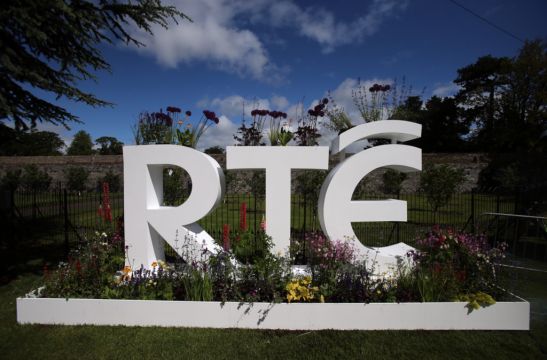The Information Commissioner has ruled that RTÉ was wrong to issue a blanket refusal to a request by staff to release an internal report that was highly critical of the workplace culture in the station’s current affairs unit.
The Office of the Information Commissioner has directed RTÉ to release part of the report drawn up by an external consultancy firm, Resolve Ireland, in response to an application by RTÉ journalist, Conor Ryan, under freedom of information legislation.
Mr Ryan, who works with Prime Time Investigates team, had sought the report on behalf of the RTÉ current affairs chapel.
However, the OIC said the broadcaster was justified in refusing to release parts of the report which contained personal information about identifiable individuals.
RTÉ argued that the information contained in the report amounted to performance appraisals of some senior staff.
The OIC acknowledged some parts contained views in relation to the communications style and editorial direction taken by identifiable individuals as well as their people management skills.
The report, which was described as both a “temperature check” and a “culture audit” was commissioned in 2021.
It sought feedback from staff in RTÉ’s current affairs unit about their working environment and a range of topics including communication, teamwork, standards of dignity and respect, problem resolution and support.
A total of 45 staff – 85 per cent of all employees in the unit – met on a one-to-one basis with consultant Miriam Maher.
A presentation on the report’s findings was made to RTÉ staff in May 2022, but the actual report was not released despite a formal motion being passed by the RTÉ current affairs chapel for it to be provided to those who had engaged in the process.
It is understood that RTÉ management did not respond directly to questions if changes in its management structure were connected to the report’s findings.
Mr Ryan claimed the review of RTÉ’s performance in the area of dignity and respect in the workplace was of significant interest to its staff whose lives were impacted by the culture and environment of the current affairs unit.
He also claimed there was a wider public interest in ensuring that RTÉ as a public sector body upheld its legal responsibilities under employment legislation.
However, the OIC said the right of privacy of identifiable staff members outweighed the public interest argument in relation to the release of such information.
But it dismissed RTÉ’s claims that the report should be withheld on the basis that it contained information provided in confidence as well as prejudicing the effectiveness of investigations and audits carried out by the broadcaster.
RTÉ had argued that publication of the report was “highly likely to inhibit others from participating in future reviews” especially as it was carrying out a “temperature check” on other areas within the organisation.
It claimed its release would have “a chilling effect” on anyone who wished to raise a HR matter in the station.
Mr Ryan has said the opposite was true as staff in the current affairs unit had engaged in the process on the basis that the outcome of the report would be shared.
The OIC said it was not satisfied that the release of view on general themes which had been anonymised to guarantee confidentiality of participants could reasonably be expected to inhibit others from giving similar information in future or have a significant adverse effect on RTÉ’s ability to manage staff.
It also dismissed RTÉ’s argument that the report should be withheld as it was part of a deliberative process as well as being contrary to the public interest.
RTE has four weeks to appeal the OIC’s ruling on a point of law to the High Court.







